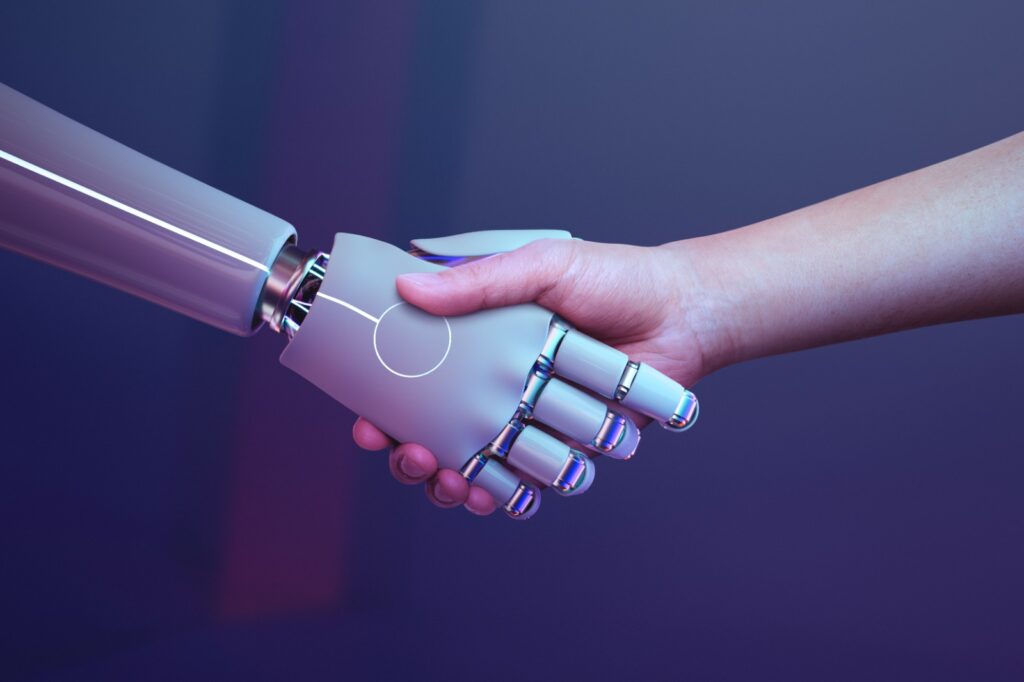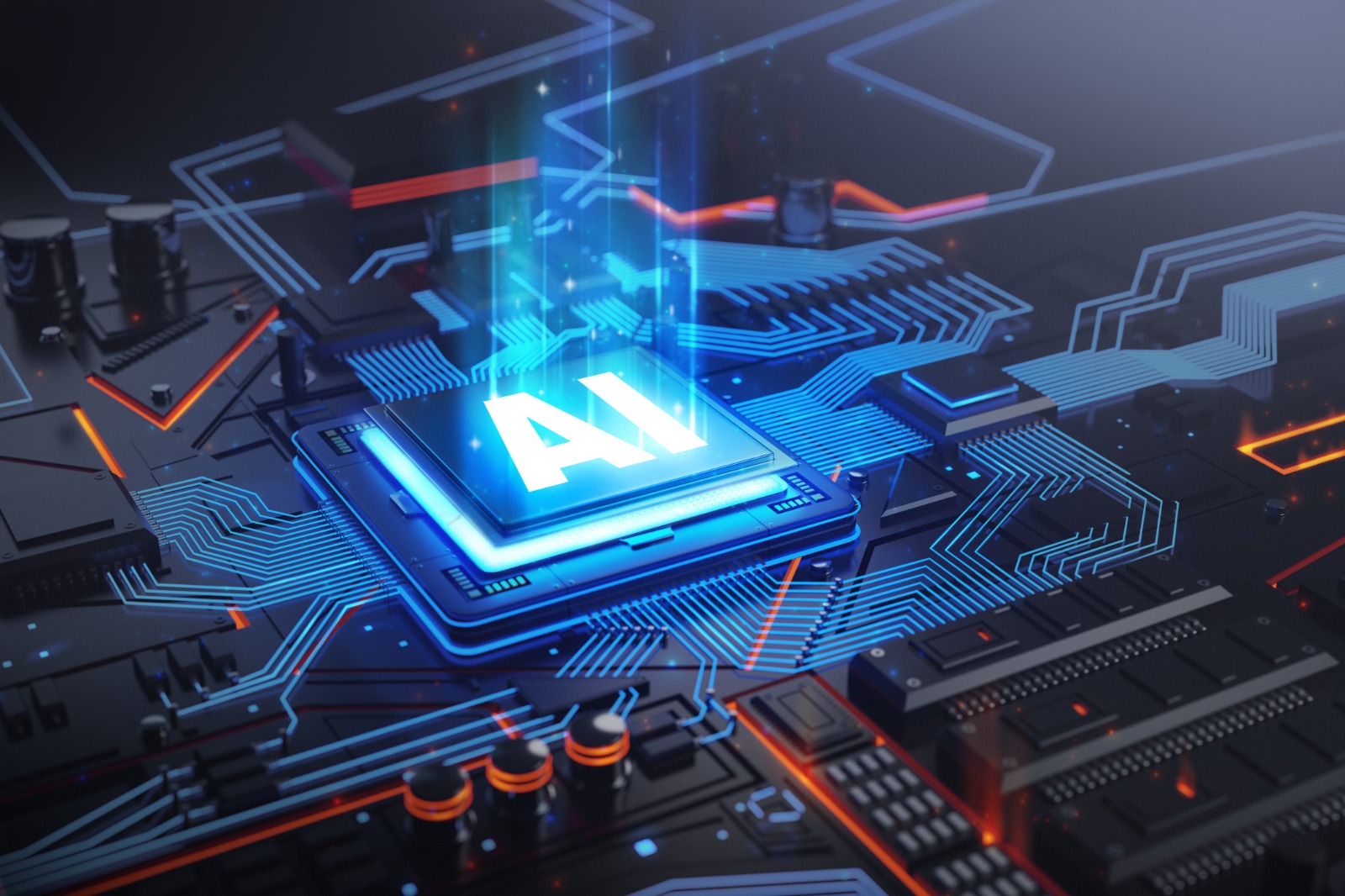The Future of Work: How AI is Transforming Business Operations
The integration of Artificial Intelligence (AI) into business operations is no longer a futuristic concept—it’s happening right now, redefining how organizations function across industries. From automating routine tasks to enabling strategic decision-making, AI is fundamentally reshaping the workplace.
The Rise of AI-Driven Organizations
In recent years, AI adoption has accelerated, driven by advancements in machine learning, natural language processing, and cloud computing. Businesses are increasingly leveraging AI not just to cut costs, but to gain a competitive edge through smarter workflows, predictive insights, and enhanced customer experiences.
According to McKinsey, over 50% of companies have already adopted AI in at least one business unit, and this number is projected to rise sharply.
How AI Is Reshaping Core Business Functions
1. Operations & Supply Chain
AI improves supply chain resilience through demand forecasting, inventory optimization, and real-time route planning. Predictive maintenance powered by AI reduces equipment downtime and saves millions in costs annually.
2. Customer Experience
AI chatbots, virtual assistants, and personalization engines are redefining customer engagement. With tools like sentiment analysis and intelligent routing, businesses can deliver more meaningful and efficient support.
3. Human Resources
AI is automating resume screening, improving talent acquisition with predictive analytics, and enabling personalized learning and development plans for employees.
4. Finance & Compliance
Robotic Process Automation (RPA) and AI are streamlining invoicing, fraud detection, audit trails, and regulatory reporting—leading to fewer errors and increased efficiency.
5. Marketing & Sales
AI tools now drive campaign targeting, lead scoring, and performance analytics. AI-generated content and real-time personalization are already commonplace in digital marketing strategies.

From Automation to Augmentation
AI doesn’t just automate—it augments human intelligence. By processing vast amounts of data, AI can surface insights that humans might miss, enabling better decisions. For example, predictive analytics in customer churn or financial forecasting allows businesses to be proactive rather than reactive.
This shift from automation to augmentation is giving rise to a new class of “AI-assisted workers” who can focus on higher-value tasks while AI handles repetitive or data-intensive work.
Challenges & Ethical Considerations
AI’s impact isn’t without concerns. Key challenges include:
- Data privacy & security
- Algorithmic bias and fairness
- Workforce displacement
- Ethical use of AI in decision-making
To navigate these, organizations need a strong AI governance framework, aligned with regulatory standards and ethical principles. At Assentt, we guide companies in building responsible AI strategies that align with both business goals and societal expectations.
Preparing for the AI-Enhanced Future
As AI becomes embedded into more layers of business, leaders must:
- Upskill teams to work effectively with AI.
- Invest in scalable infrastructure
- Create cross-functional AI implementation teams
-
Prioritize transparency, accountability, and explainability
Organizations that embrace AI with foresight will not only survive but thrive in the future of work.
Final Thoughts
AI is not replacing humans—it’s redefining the roles humans play in the modern enterprise. The organizations that succeed will be those that harness AI to unlock human potential, drive innovation, and build more adaptive, intelligent businesses.
At Assentt, we help forward-thinking companies implement AI responsibly and effectively. Are you ready for the future of work?
The information provided is for educational/entertainment purposes only. Actual information may vary, please consult our office for further details. Got a question? Feel free to reach us at helpdesk@assentt.com.

















